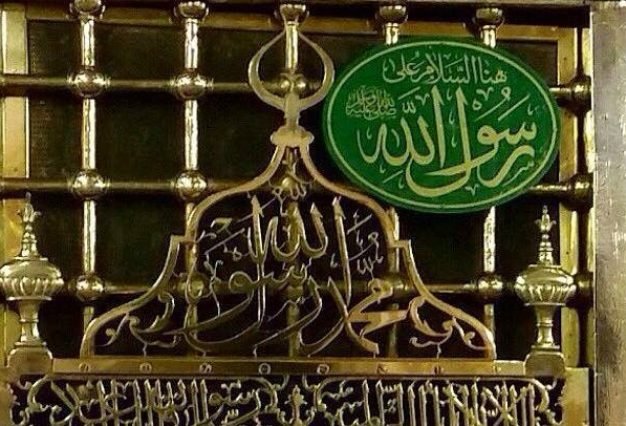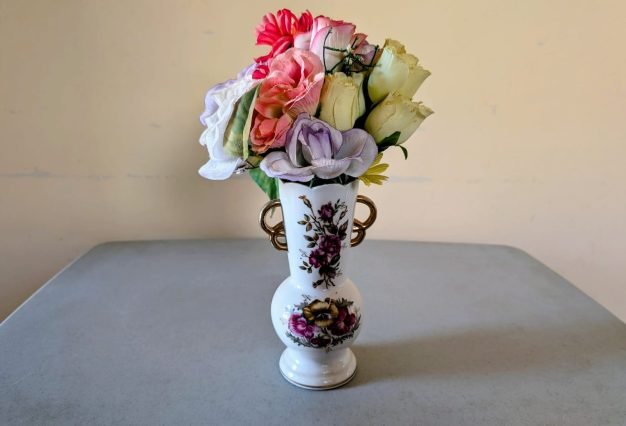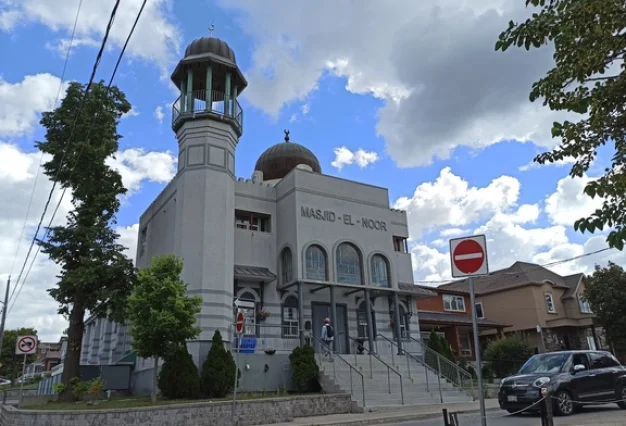Translated by Shaykh Mazhar Mahmood
قال المجد: وروينا عن الأصمعي قال
Al-Majd says, “We have narrated an incident from Imam Al-Asma’ī (scholar in the field of Arabic etymology and morphology) who says,
وقف أعرابي مقابل قبر النبي صلى الله تعالى عليه وسلم فقال
“A bedouin [predominantly desert-dwelling Arabian] stood in front of Allāh’s Messenger (peace and blessings upon him)’s grave rendering the following sentiments”,
اللهم إن هذا حبيبك وأنا عبدك والشيطان عدوك
“O Allāh, Undoubtedly this Prophet (Muḥammad) is Your beloved, I am Your devotee and the devil is Your enemy.”
فإن غفرت لي سرّ حبيبك وفاز عبدك وغضب عدوك
“If You pardon my sins, Your beloved will express delight, Your devotee will succeed and Your enemy will grieve.”
وإن لم تغفر لي غضب حبيبك ورضي عدوك وهلك عبدك
“If You do not pardon me, then Your beloved will grieve, Your enemy will rejoice and Your slave will be destroyed.”
وأنت أكرم من أن تغضب حبيبك وترضي عدوك وتهلك عبدك
“It does not befit Your honour and grace, that Your enemy rejoices, Your beloved grieves, and your devotee is destroyed.”
اللهم إن العرب الكرام إذا مات فيهم سيد أعتقوا على قبره
وإن هذا سيد العالمين فأعتقني على قبره.
“O Allāh, when the honorable and generous amongst the Arab community would stand by the grave of one of their leaders, they would free slaves (in respect and honour). [Oh my Lord], I stand before the grave of the chief of all previous and forth coming communities [beseeching You], O Lord of the universe, free me from the dreadful hell-fire by the blessedness of this grave.”
قال الأصمعي فقلت: يا أخا العرب إن الله قد غفر لك وأعتقك بحسن هذا السؤال
Imam Al-’Asma’ī says, “I said to him out of sheer amazement”, “O my Arab brother, Indeed Allāh has forgiven you (as I presume) by the eloquence you have portrayed in presenting your sentiments [and supplication to Allāh]”.
(Reference: Wafā Al-Wafā)




